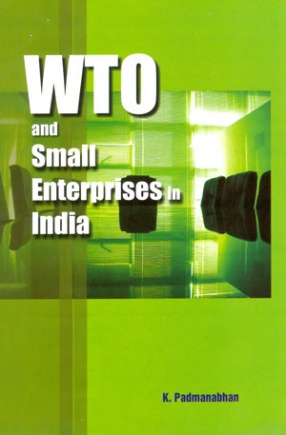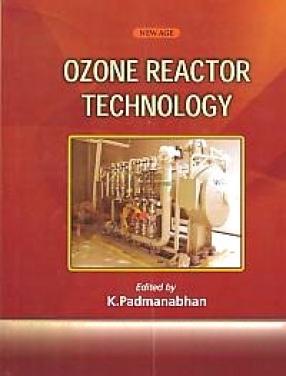WTO and Small Enterprises in India
Synopsis
The creation of World Trade Organisation (WTO) in 1995 was a watershed in the history of trade among nations. WTO replaced General Agreement on Tariffs and Trade (GATT) which remained in existence from 1948 to 1994. GATT was a multilateral treaty, governing trade in goods only. WTO is much wider in scope and coverage. WTO Agreements cover services and intellectual property as well. WTO is the only international body dealing with the rules of trade between nations. At its heart are the WTO agreements, the legal ground rules for international commerce and for trade policy. The agreements have three main objectives: (a) to help trade flow as freely as possible, (b) to achieve further liberalisation gradually through negotiations and (c) to set up an impartial means of settling disputes. The rules and procedures of WTO offer opportunities and simultaneously pose challenges for economies of member countries. India has also braced itself to meet the challenges of the new world trade order. As is well-known, small enterprises in India provide livelihood, check rural-urban migration, generate export earnings and touch upon the lives of the remotest and most marginalized people. Small enterprises have been recognised as engines of economic growth worldwide. How WTO has impacted the growth and performance of small enterprises? This question has generated a lot of debate among policy makers, academicians and among those actually running small enterprises. This book explains and examines the impact of WTO on various aspects of the functioning of small enterprises.
Read more
33.30
29.97
$
37.00 $
Free delivery Wolrdwidе in 10-18 days
Ships in 1-2 days from New Delhi
Membership for 1 Year $35.00
Get it now and save 10%
Get it now and save 10%
BECOME A MEMBER
Books by the same author









Bibliographic information